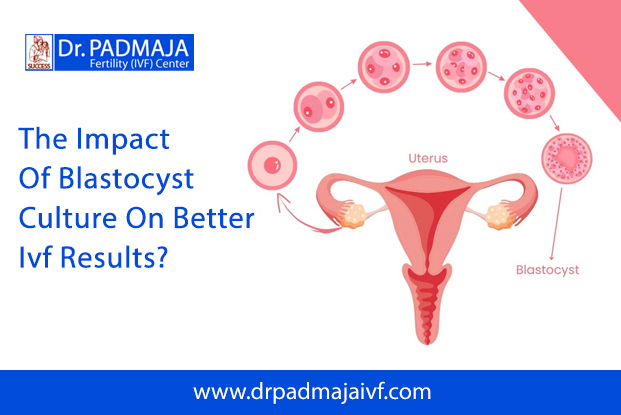Common IVF Side Effects: How to Manage Them Effectively ?
In vitro fertilization (IVF) is a widely sought-after option for couples facing infertility challenges. While IVF can be a beacon of hope, it’s essential to be aware of potential side effects and how to manage them effectively. In this blog, we will explore common IVF side effects and provide practical tips for navigating this complex […]
Read More »









